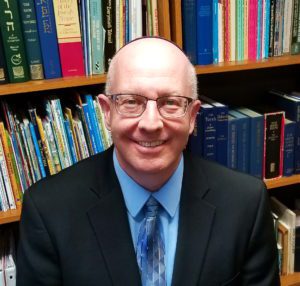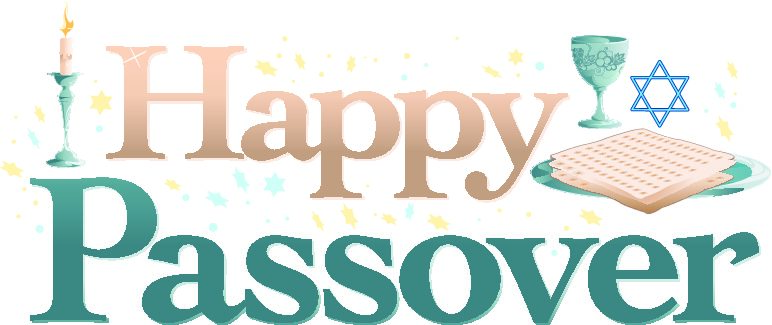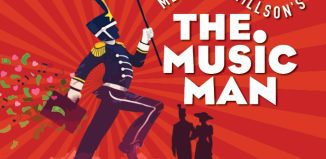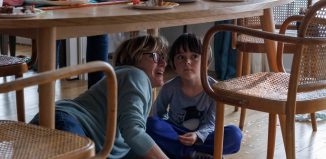Your Turn: From parting seas to building bridges
By Rabbi Paul Sidlofsky

There is a story in the Jewish tradition that tells of the Israelites reaction upon leaving Egypt. Upon crossing the Sea of Reeds (Red Sea) to freedom, and upon seeing Pharaoh’s soldiers and horses drowning, the Israelites broke out in joyful songs of praise to God.
In a sense, such a reaction is understandable. After all, we read in the book of Exodus that the Israelites had been subjected to forced labor by the Egyptians for four hundred and thirty years. Their lives had been made miserable by their taskmasters, and little hope remained for their redemption. So of course they would be ecstatic with this sudden turn of events. Who could blame them? The parable could have ended there, but it doesn’t.
We read further that while the Israelites were celebrating, God chastised them, saying, “My children are drowning, and you sing praises?!”
Could such a message be any stronger or more meaningful? Could it contain a better reminder for us over three thousand years later, at this holy day season for so many, and a time of rebirth and renewal?
We are not so different from our ancestors millennia ago. We, too, rejoice in our achievements and successes, often disregarding their consequences and affect on others. We often delight — perhaps openly, perhaps secretly — in the failure of our “enemies,” choosing to separate ourselves from them, rather than to build bridges of understanding and tolerance. Or, at least, we do not show any signs of support. We seem to forget that these people are God’s children. We may forget that we are as well.
Passover, for Jews, is indeed a time of great rejoicing, a time to celebrate freedom and rebirth. Yet it is also a time for remembrance, a remembrance of the cost of such freedom for all involved; a reminder of the growing pains we have experienced.
At the seder, the festive meal of Passover, the story of the Exodus from Egypt is told with great ceremony and joy. And yet, during that time, we also reflect. Salt water is used to remember the tears of the Israelites during their time of bondage. Bitter herbs represent the physical and emotional pain experienced. And cups of wine, symbols of sweetness and joy, have ten drops removed before drinking, in order to lessen our joy when recalling the ten plagues upon Egypt. In modern times, drops are also removed for different “plagues,” such as war, disease, prejudice, pollution and crime.
If we are truly to understand the message of this festival for all people, we must broaden our perspective to look not only at our own good fortune, but also at the fortunes of others to whom we have a responsibility as human beings. We must reflect on our history — where we’ve come from — in order truly to appreciate where we are now. At the seder each year, Jews are reminded that in every generation, each person should look at oneself as if he or she personally had come out of Egypt. We are to see ourselves as experiencing the miracle of redemption; of safely crossing the Sea to dry land.
Now it is time to go a step further. Rather than relying on God’s miracles, and then using them to escape from one another, let us create our own miracle — the miracle of building bridges to cross the raging seas of mistrust and prejudice that divide us. Many of God’s children are still drowning, overwhelmed by the waters that engulf their lives. Only by working together can we save them. And only then will we have fully experienced redemption.
Wishing all who celebrate a joyous, meaningful and renewing holy day season.
Rabbi Paul Sidlofsky is a rabbi at Temple Isaiah in Stony Brook.







